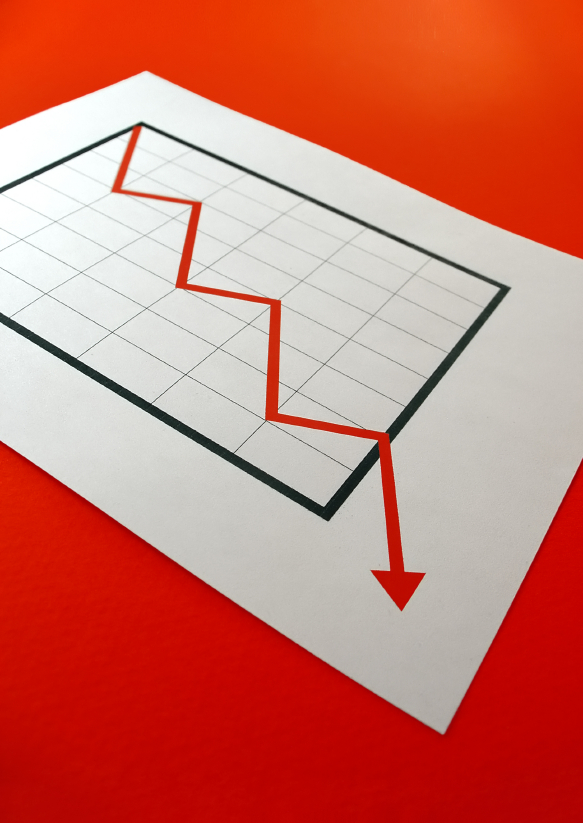Congress should extend unemployment benefits
 First published in Newsday
First published in Newsday
When leading libertarian Sen. Rand Paul (R-Ky.) says extending unemployment benefits discourages people from taking a job, he's right. Many economists back him up. People have been out of work 7 percent longer after the Great Recession, according to one study, because of the federal extension that allowed benefits for 99 weeks.
But what Paul doesn't seem to understand is that 7 percent of a job search - an extra 3.6 weeks in a year - might be the smartest investment a family can make in its future.
My husband was out of work during the 2001 recession for - well, let's say he fell into the category of "long-term" unemployed - more than six months, the same as 4 million Americans today.
Saying that halting unemployment checks at six months would give these 4 million an incentive to work - even at a lower salary or a lesser job - sounds like an accusation of laziness. Maybe she's taking a six-month vacation and will only get serious about work when the checks stop. Maybe he's spending a half-hour a day shooting out resumes on Monster.com, and then retreating to the couch for "Judge Judy."
Perhaps some tough love, Rand Paul-style, is what's called for.
But I remember my husband Dan's months out of work as a diligent search. If it hadn't been, we might not be married today. We had two preschool-age daughters, and my newspaper salary wasn't going to pay the mortgage. We didn't have much savings, and our families couldn't help other than to take us in if we lost our home.
We began making decisions in the context of when Dan might find work. Our 4-year-old was in a Montessori preschool; there was no public preschool. Should we take her out, save the tuition, and maybe extend our savings another few weeks? We value education - Dan and I both have master's degrees and were paying off student loans. I wanted our daughters to have a good start.
Sometimes, we'd see an ad for a handyman - Dan has those skills - and we'd consider whether he should forget about his MBA and take up work with less earning potential. There would be security in that. But day care for our daughters would have eaten up most of one of our paychecks. And we would have had to sell our home - losing neighbors and changing schools and routines.
So, we held off. Eventually, Dan found a good job, and a decade later, we're fine: paying taxes, employing baby sitters, buying lacrosse sticks and music lessons, saving for retirement.
But it resonates with me when I read reports from the Urban Institute and Pew Research Center on the financial and personal costs for the long-term unemployed: about 10 percent file for bankruptcy; 40 percent say they've lost self-respect; nearly half say joblessness has put a strain on family relationships; more than half put off medical care.
Conservatives have been citing North Carolina as an example of how to get people back to work. In June, the state's GOP-led legislature reduced the maximum number of weeks of benefits from 63 to 19. By October, the state unemployment rate had fallen from 8.8 percent to 8 percent. A victory?
Not quite. According to Politifact.com, while the number of unemployed North Carolinians fell by 44,558, the number of jobs increased by just 1,902. In other words, most of the decline in the jobless rate was because people had "dropped out" of the job market.
I always wonder, where do those people drop to? Thanks to the extended unemployment benefits in the early 2000s, I didn't have to find out through personal experience.